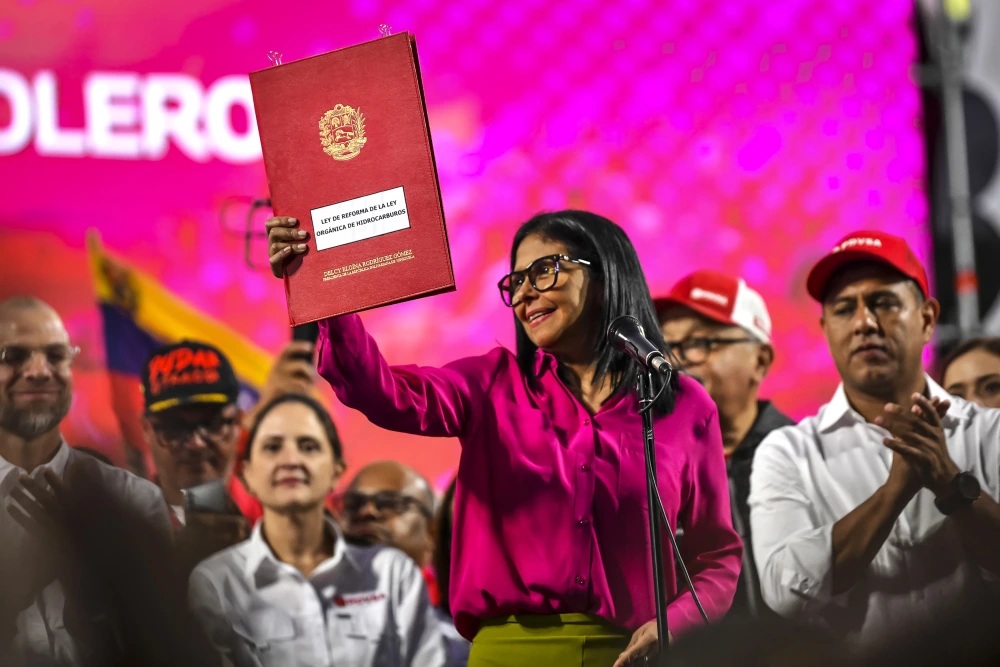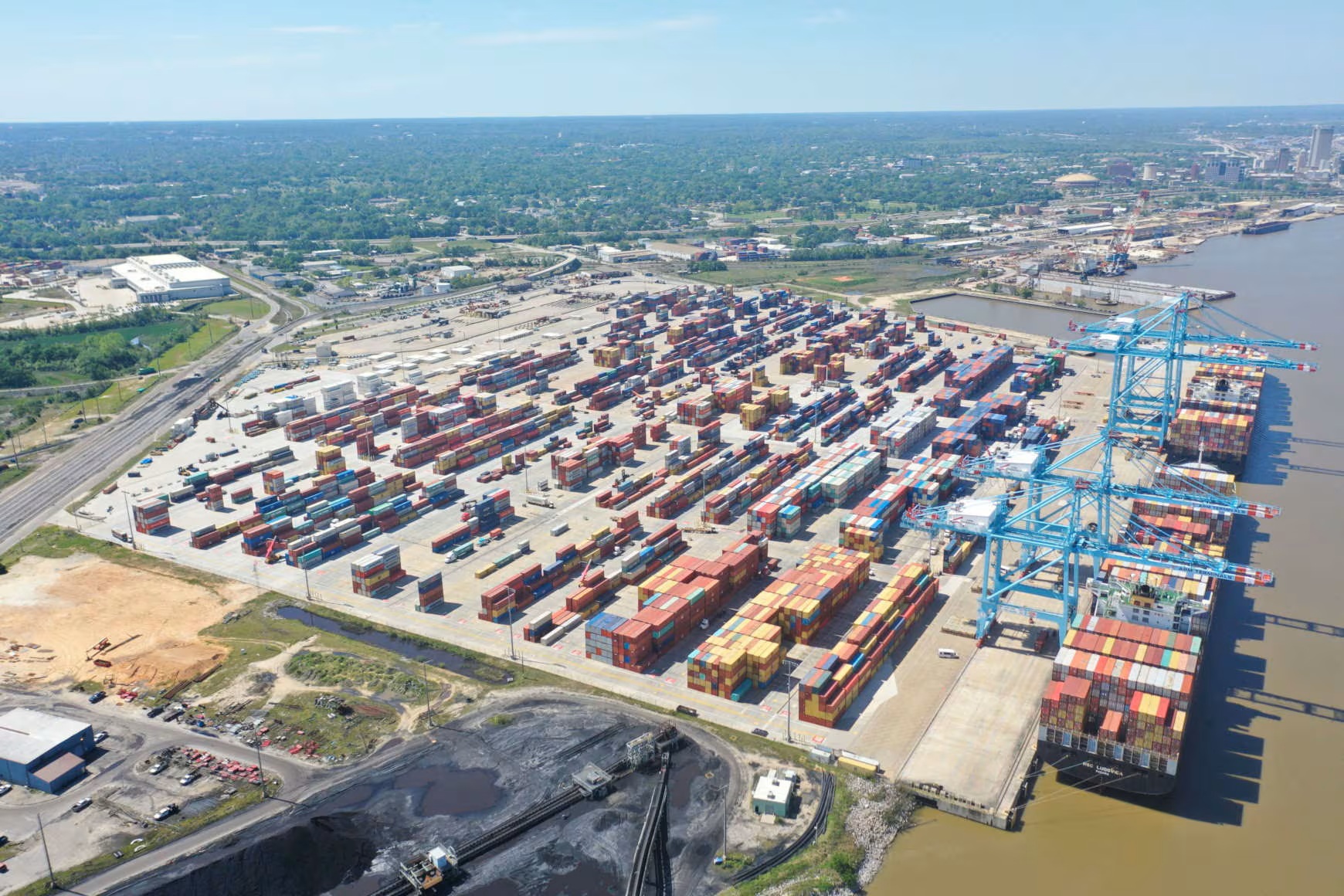Panamas own oil spill tragedy still affecting coastal environment

President Ricardo Martinelli was recently promoting oil drilling off the coast of Darien. He, and local environmentaliats will have received little comfort from the doomsday words of Rex Tillerson, chairman and chief executive of ExxonMobil,

to the US Congress on Tuesday, June 15, explaining that his corporation would have been just as powerless as BP to stop the catastrophic Gulf oil leak.
There is no response capability that will guarantee you will never have an impact. It does not exist."
Panama has already suffered its own tragedies,minor compared to the BP spill, butafter 25 years still impacting the environment. On April 27, 1986, a major oil spill at a petroleum refinery in Bahía Las Minas, polluted Caribbean coastal environments including the Smithsonian Tropical Research Insitute(STRI) Galeta Marine Laboratory, at the Caribbean entrance to the Panama Canal.
38.3 million liters of medium weight crude oil drained from a ruptured storage tank into Bahía Las Minas,.
The volume of the spill was greater than that of any other reported at the time near coral reefs and mangroves in the tropical Americas, such as the tankers Epic Colocotronis (1975) and Peck Slip (1978) spills near Puerto Rico. It was larger than the 1969 spill from the barge Florida near Woods Hole in Massachusetts, but smaller than the Exxon Valdez tanker spill in 1989.
"Nearly 25 years after the event, spilling coral reefs of Bahia Las Minas in Panama, oil slicks can still be found on the water", writes David Biello of Scientific American, in a recent article (May 14)
With the expansion of the Canal and the passage of larger tankers, a potential tragedy is always at hand.
While the current focus is on the Gulf of Mexico, a little acknowledged but equally catastrophic oil disaster continues to plague Nigeria.
A series of spills, some of them the responsibility of the American multinational ExxonMobil, have been polluting the Niger delta for five decades.
One estimate says the amount spilled in the region over nearly 50 years totals 10.5 million barrels. That is more than five times the worst estimate of the spillage so far from the Deepwater Horizon leak in the Gulf says the First Post
Yes despite the pollution, illness and poverty caused by the ongoing leaks in Nigeria, they rarely make the international headlines. And there has been no high-profile effort to correct the situation.
One of the more recent spills occurred on May 1 when an ExxonMobil pipeline in the Nigerian state of Akwa Ibom spilled more than 25,000 barrels into the delta when it ruptured. While the world watched the Gulf catastrophe of April 20 unfold, the Niger spill went virtually unreported. It was at least seven days before the leak was stopped.
Residents who demonstrated against ExxonMobil claim they were attacked by security guards. They say their calls for $1bn in compensation for the illness and loss of income suffered as a result of the leak have been ignored by the multinational. Six weeks after the pipeline ruptured, thick balls of tar are still being washed up on the beach.
The Niger delta is the source of light Nigerian crude – the world’s best quality oil – and supplies 40 per cent of all crude imported by the United States. With 606 oil fields, the region is covered in hundreds of pipelines, many of which are more than 40 years old and in need of repair.
Nigerian academics and environmental groups argue that multinational oil companies have acted so recklessly in the region that much of the delta has been destroyed by leaks. Life expectancy in its rural communities has fallen to just over 40 years, while at least half the population have little or no access to clean water.
Days after the Akwa Ibom accident, thousands of barrels of oil were spilled when the nearby Shell Trans Niger pipeline was attacked by rebels. A few days
later, large oil slicks were found floating on Lake Adibawa in Bayela state as well as in Ogoniland, thought to be caused by leaks from ancient corroding pipelines.
In 2006, a study by WWF UK calculated that up to 1.5 million tons of oil – approximately 10.5 million barrels – had been spilled in the delta over five decades. That’s more than 40 times the 250,000 barrels spilled when the Exxon Valdez tanker hit a reef off Alaska in 1989 – which, when the WWF report was made, was still the most high-profile oil spill in history.
Today, Nigerians see frantic efforts being made in the US to clear up the
Gulf of Mexico leak while as many as 300 spills a year in the Niger delta are ignored by the Nigerian government, the oil corporations and the United States and Europe.
"It happens all the year round,” said Nnimo Bassey, the Nigerian head of Friends of the Earth International, in a recent interview with the Observer. “The whole environment is devastated. The latest revelations highlight the massive difference in the response to oil spills. In Nigeria, both companies and government have come to treat an extraordinary level of oil spills as the norm."
Tillerson’s words will not have been lost on Bassey and other campaigners for Nigeria
"There is no response capability that will guarantee you will never have an impact. It does not exist." Sad tidings indeed. Let’s hope Panama never has to face another oil spill disaster.{jathumbnail off}





